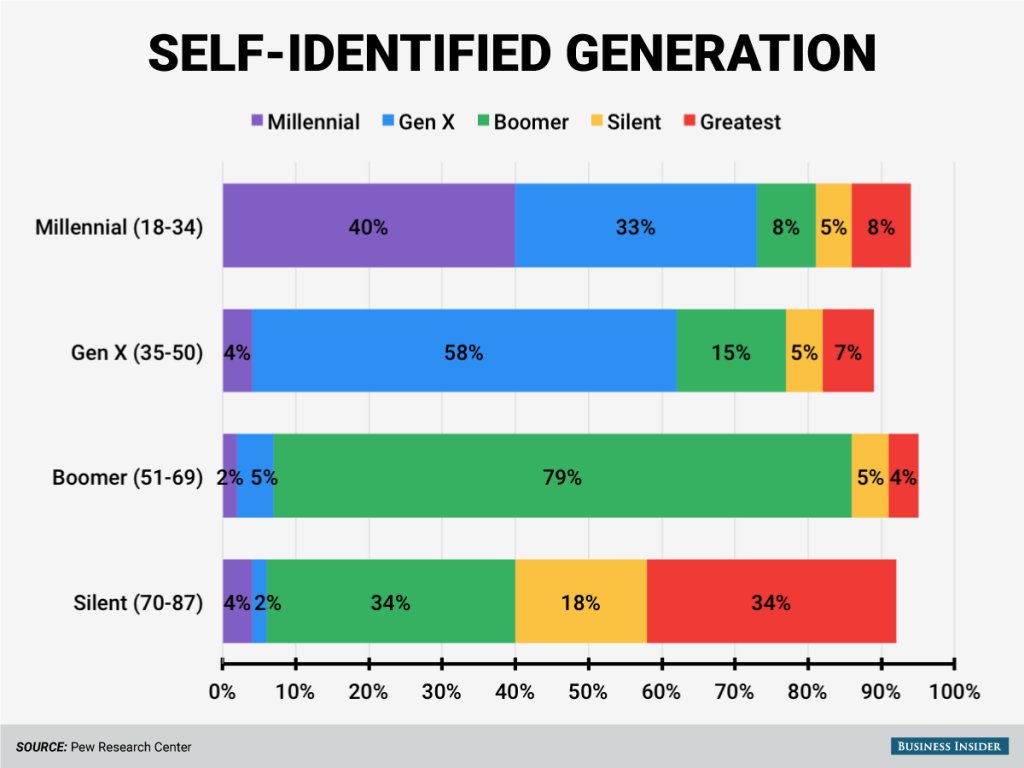From the tender years of childhood to the twilight of our golden years, life’s tapestry is adorned with a myriad of experiences. Yet, amidst the ebb and flow of time, certain assessments remain timeless, transcending age groups and guiding us towards a path of well-being, growth, and fulfillment. In this comprehensive guide, we will delve into these vital assessments, exploring their significance, methodologies, and the invaluable insights they offer us throughout our lives.

Image: www.studypool.com
Charting a Course Through the Labyrinth of Assessments
The concept of assessment is deeply intertwined with human development and empowerment. From the formative years, where we navigate cognitive and motor milestones, to the challenges of adolescence, career transitions, and the wisdom of old age, assessments serve as invaluable guiding lights. They provide us with a roadmap, empowering us to understand our strengths, weaknesses, values, and aspirations.
Types of Assessments: Unraveling the Spectrum
The world of assessments is vast and multifaceted, encompassing a myriad of types. We encounter standardized tests, designed to measure cognitive abilities, academic achievement, and aptitude. Personality assessments delve into our psychological makeup, revealing our traits, motivations, and values. Career assessments guide us in identifying our optimal paths, aligning our skills and interests with professional pursuits.
Other assessments focus on physical and mental health, monitoring our well-being and identifying potential areas of concern. Financial assessments provide a snapshot of our financial status, helping us make informed decisions about saving, investing, and planning for the future. The list continues, demonstrating the diverse range of assessments that can impact our lives.
The Art of Interpretation: Making Meaning from Assessments
Interpreting assessments is not merely a mechanical exercise; it requires a blend of skill, knowledge, and empathy. To fully grasp the implications of our assessments, it is crucial to work with qualified professionals who can help us unravel the complexities within. They can pinpoint areas for improvement, offer guidance on leveraging our strengths, and support us in setting realistic goals to achieve our aspirations.

Image: japaneseclass.jp
Tips from the Trenches: Navigating Assessments with Wisdom
Based on my experience as a certified career coach, I have witnessed firsthand the transformative power of assessments. I have compiled tips to guide you in getting the most out of these invaluable tools:
- Choose assessments that align with your goals. Assessments should be targeted and relevant to the areas you wish to explore.
- Be honest with yourself during assessments. The results will only be as accurate as the information you provide.
- Interpret assessments with a growth mindset. Focus on understanding your areas of strength and identifying opportunities for improvement.
- Seek feedback from qualified professionals. Working with an expert can provide invaluable insights and personalized guidance.
Embracing Assessments as a Catalyst for Growth
Assessments should not be perceived as mere tests to pass or fail; they are a powerful and multifaceted tool for learning, self-discovery, and ultimately, personal growth. When used wisely, assessments can help us navigate life’s challenges, make informed decisions, and shape our futures with greater clarity and purpose. By embracing assessments as catalysts for growth, we unlock a world of possibilities and empower ourselves to live more fulfilling, purposeful lives.
Frequently Asked Questions
Q: How often should I take assessments?
A: The frequency of assessments depends on your individual needs and goals. Some assessments can be taken multiple times over a period to track progress, while others may not require frequent repetition.
Q: What is the most important assessment to take?
A: The most important assessment is the one that aligns with your current needs or challenges. Different types of assessments serve specific purposes, so identify the area you most want to explore.
Q: Can assessments be biased or inaccurate?
A: It is important to choose reputable assessments that have undergone rigorous scientific validation processes. However, it is also important to remember that no assessment is perfect, and results should always be interpreted with some caution.
What Should You Assess Regardless Of Age Group
Conclusion
Assessments are indispensable tools that can help us navigate the complexities of life at any age. By embracing these assessments, seeking qualified guidance, and interpreting them with a growth mindset, we can unlock a wealth of knowledge and insights that empower us to live more fulfilling and impactful lives.
So, I ask you, dear reader, are you ready to embark on the journey of self-discovery and personal growth, guided by the beacons of assessment? The path ahead may not always be easy, but it is a path worth taking, leading to a deeper understanding of yourself and your boundless potential.

